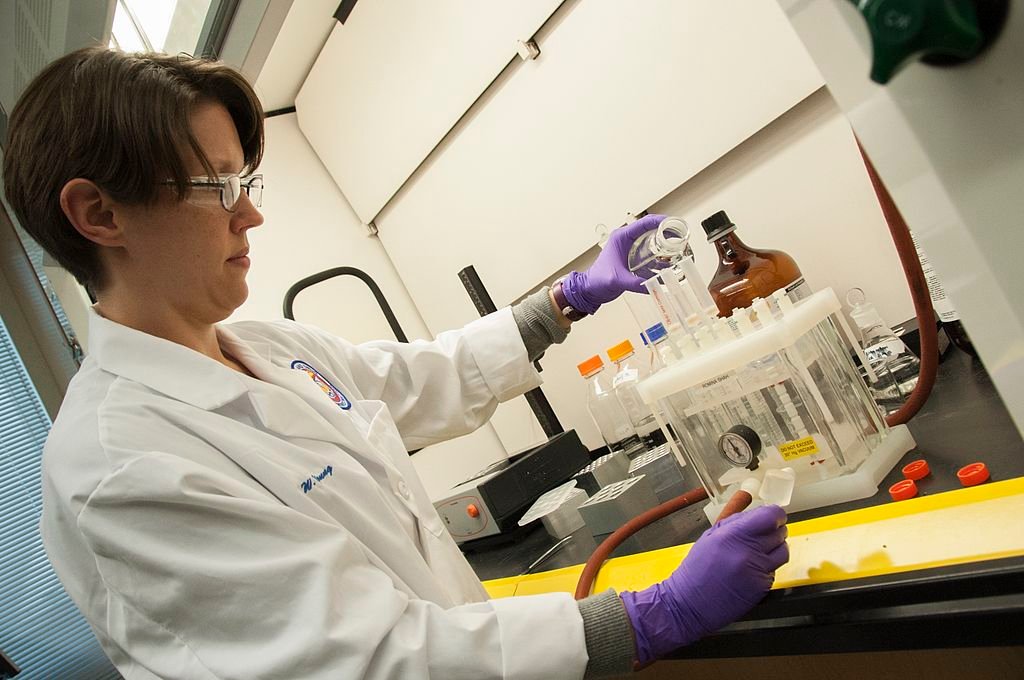Friday, 27 February 2026
Scientists in Turkey develop new food packaging film
The nanotubes prevent oxygen from entering the film, and prevent water vapour and other gases from escaping. Scientists at Sabanci University in Turkey have developed a new packaging film with…

The nanotubes prevent oxygen from entering the film, and prevent water vapour and other gases from escaping.
Scientists at Sabanci University in Turkey have developed a new packaging film with clay nanotubes and antibacterial essential oils that can prevent microbial growth and over-ripening of fruits, keeping them fresh for longer.
People around the world have been trying to preserve fruits, vegetables and meats since ancient times. From the traditional methods of salting or fermenting to the more modern methods of canning, freezing or wrapping in plastic films, food preservation has always been important.
According to the US Department of Agriculture, about 30-40 per cent of the food that farmers produce in the country goes to waste. Over the past two decades, scientists have been developing alternative ways to preserve food, with an extensive focus on packaging.
Bacterial contamination and permeability to both oxygen and water vapour are major issues that scientists are addressing. Another challenge is to prevent too much ethylene from building up around foods. Ethylene is a compound naturally released by fruits and vegetables that aids in the ripening process.
To scavenge for ethylene and provide a gas barrier, the group incorporated clay “halloysite nanotubes,” which are small, hollow cylinders. The nanotubes prevent oxygen from entering the film, and prevent water vapour and other gases from escaping. In addition, they keep ethylene from building up by absorbing it.
Technology
Deakin University and Bellarine Foods Partner to Develop Sustainable Marine-Derived Proteins
Feb 26, 2026 | Australia
Royal Unveils Refreshed Jute Bag Design for 20lb Authentic Basmati
Feb 25, 2026 | Company News
Australian Medical Bodies Push for Compulsory Health Star Labelling
Feb 24, 2026 | Australia
Food Testing
Australian Medical Bodies Push for Compulsory Health Star Labelling
Feb 24, 2026 | Australia
Tim Hortons Singapore Secures Majlis Ugama Islam Singapura Halal Certification Ahead of Ramadan
Feb 23, 2026 | Company News
More Popular
UAE’s Cult Mochi Brand MOISHI Makes India Entry with CK Israni Group
Feb 26, 2026 | Company News
Roquette Launches Breakthrough Clean-Tasting Pea Protein Isolate
Feb 26, 2026 | Company News
Affron Saffron Attains First Stress Relief Claim by South Korean Ministry of Food and Drug Safety
Feb 26, 2026 | Company News





